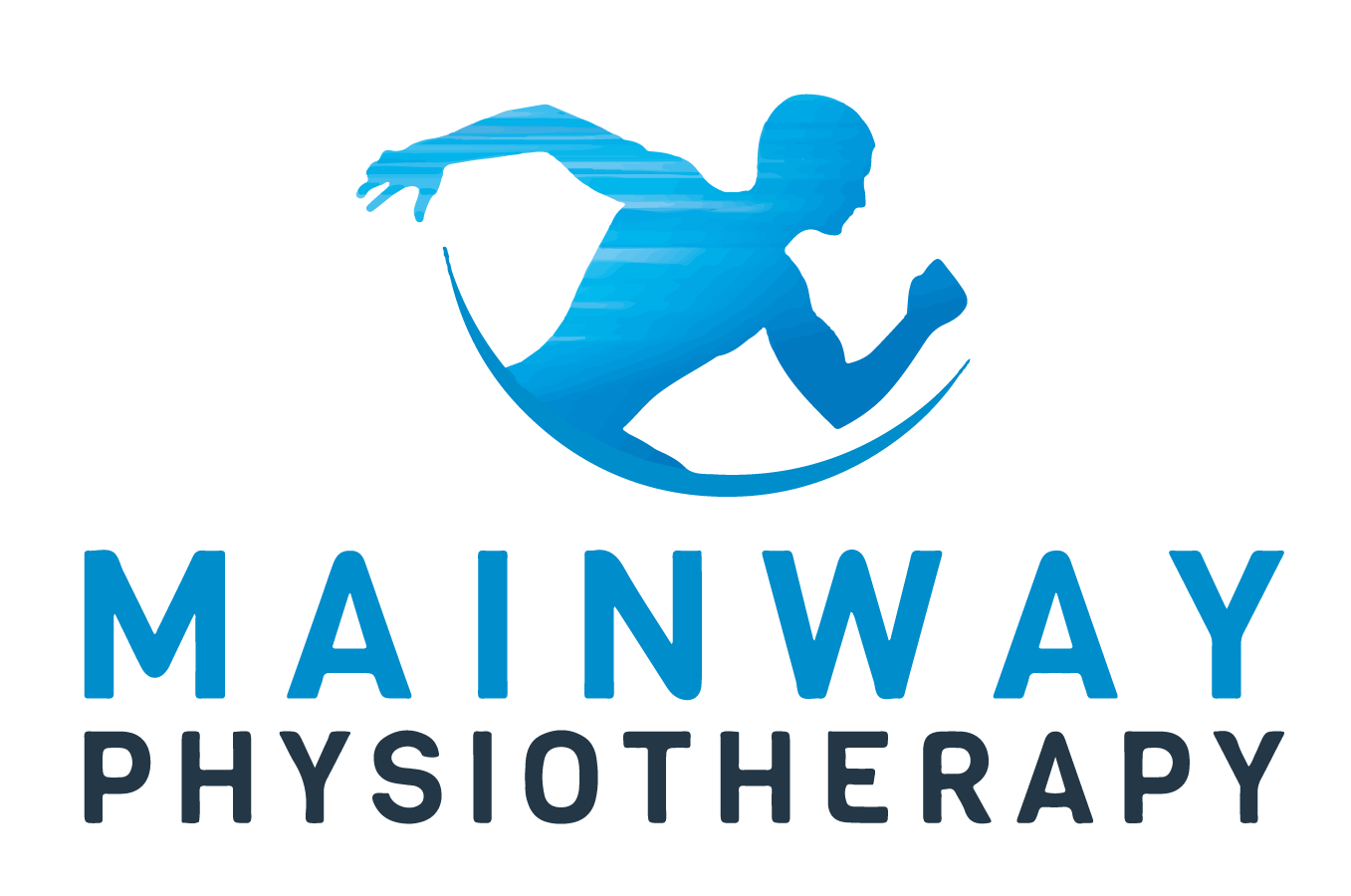Let’s talk about rotator cuff injuries
Rotator cuff injuries are very common shoulder injuries that occur in people of all ages. Whether you are working around the house, playing a sport, or doing heavy lifting, the risk of injuring your rotator cuff is a common reality. We want to teach you about the causes, implications and treatments for this injury!
So, what is a rotator cuff Injury?
The rotator cuff is the main stabilizing muscle group of the shoulder, involving 4 muscles that work to move the shoulder in every direction.
These muscles include:
Supraspinatus
Infraspinatus
Teres minor
Subscapularis
When the rotator cuff is injured, it is common that both the muscle and tendon are both in distress. When the muscle is injured, it tends to be an acute injury which may cause a strain or tear in the muscle. When the tendon is injured, this tends to stem from overusing the shoulder, therefore creating an overload on the muscles and tendons.
These two types of injuries will present differently which will allow your physiotherapist to diagnose each individual patient differently. In doing so, each patient will have an individualized rehabilitation plan.
What can cause this type of injury?
There are many different instances that can cause a rotator cuff injury. The most common injuries that we treat for muscle strains or tears include reaching in the back seat of the car, or lifting a heavy object away from the body/overhead.
Rotator cuff tendinopathy injuries tend to occur when an individual is performing a job repetitively that may involve a significant amount of lifting, overhead work, and reaching. It is also important to note that we also see and treat many patients who participate in sports to treat their rotator cuff injuries.
What happens with the muscles or tendons?
If you or someone you know has a rotator cuff injury, it is important to understand exactly what is happening with the muscles and tendons. If your muscles are injured, they typically strain or tear depending on the severity of the injury or the amount of stress that the joint faces. Essentially, this will cause pain with movement of the shoulder and will lead to weakness of the muscles. If the tendons have been overloaded with movement or are still suffering from previous injuries, they will develop small “microtears” otherwise known as tendinopathy. This will cause weakness in the rotator cuff which will result in poor movement patterns and further injury if it is not treated properly.
Rotator Cuff Treatment
Now that you have become educated on the causes and effects of rotator cuff injuries, let's dive into the treatment process for these types of injuries!
It is so important to rehabilitate shoulder injuries to achieve your baseline strength and stability. If shoulders are not rehabilitated and healed properly, they are commonly reinjured because of the mechanics and significant usage of the joint. Treatment options may vary depending on your physiotherapist. After an initial assessment, we will create a detailed plan of your individualized treatment process.
All in all, physiotherapy involves techniques including:
Manual therapy
Soft tissue release
Acupuncture
Taping
Pain management and education
Progressive strengthening
Appropriate home exercise program
Interested in learning more about the treatments that Mainway Physiotherapy has to offer?


